No One Diet to Rule Them All
The Hartman Group's 2019 Health + Wellness study uncovered something fascinating about the latest in diet trends among American consumers: While more than half of U.S. consumers had tried a diet in the past three months, just 3% of consumers identified with a specific plan.
Have Americans jumped off the fad diet train? Not exactly. They've simply become smarter and more discerning about the elements of good nutrition and instead of slavishly following one diet are borrowing from a wide range of diets to meet their own, personal health and wellness goals.
Melissa Abbott from The Hartman Group explains:
“Consumers might start off the morning with protein for a more paleo-oriented breakfast or a breakfast-like snack," Ms. Abbott said. "For lunch, they might want to do a holistic plant-based diet, so there’s going to be more vegetables. And then toward the evening it might be more Mediterranean to fit the rest of the family’s lifestyle."
This trend toward diet appropriation, borrowing elements from a wide variety of diets to meet specific goals, has been accompanied by an increase in consumer focus on ingredients and transparency—clear evidence that consumers are becoming more engaged in the food they eat, with correspondingly higher expectations about what that food should deliver.
We have always said that health-conscious consumers want more information not less, so this latest trend again underscores the importance of education for healthy food brands. On-pack claims and catchy callouts are no longer as effective in signaling health and wellness to consumers.
“This is something we’ve found this last quarter that’s really fascinating,” Ms. Abbott, said. “The consumer base is becoming more suspicious of callouts. They see a callout and think, ‘They’re trying to sell me something.’ ”
Ultimately, consumers are looking for detailed information about your brand to be able to incorporate it into their individualized health and wellness lifestyle.
One final point worth making: As consumers move toward this more personalized approach, the sources of nutrition guidance that know them the best and which they trust the most—i.e., their own health professionals—will play an increasingly important role in the food choices they make.
